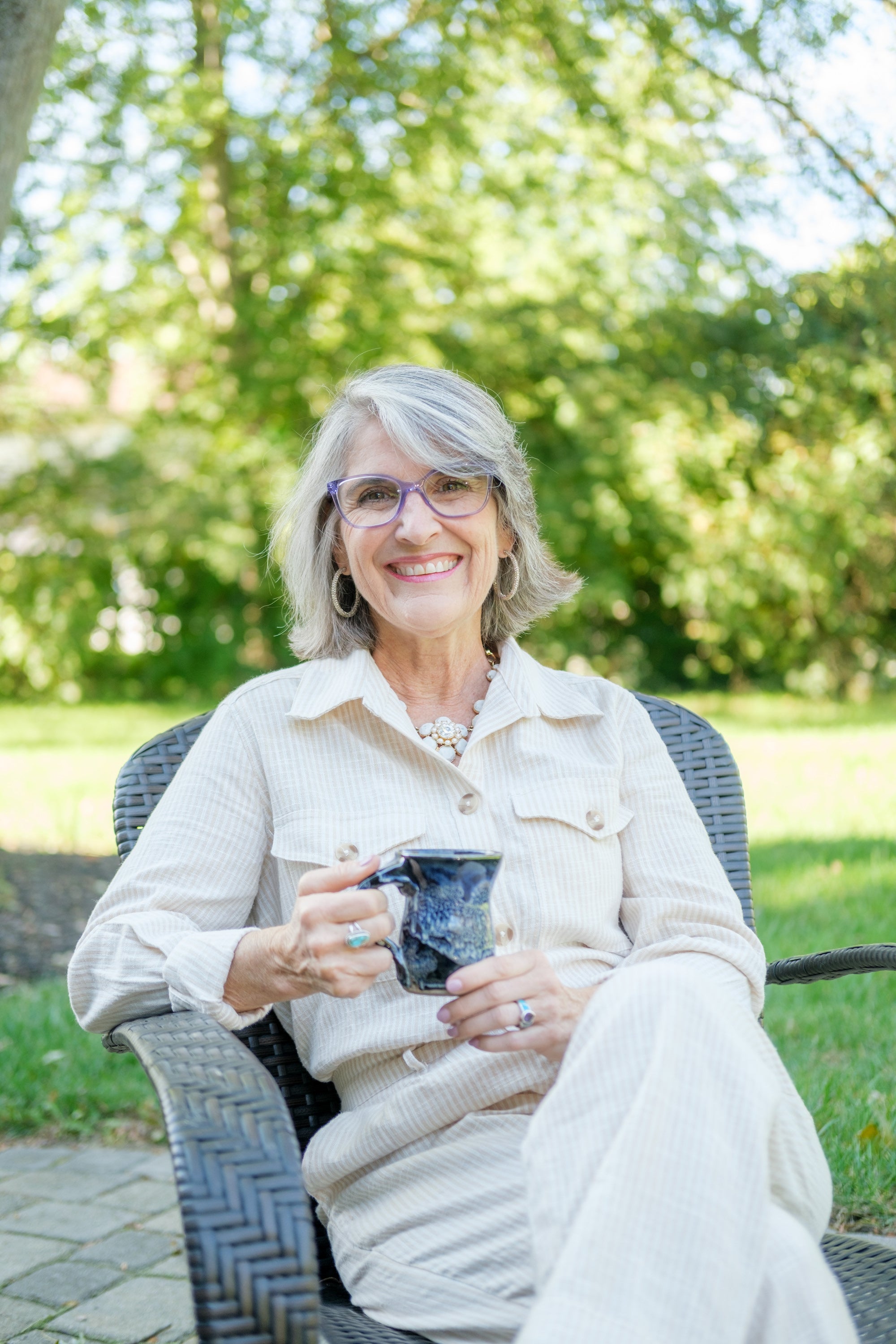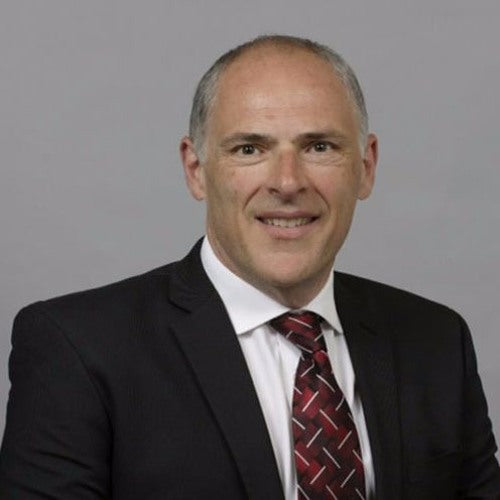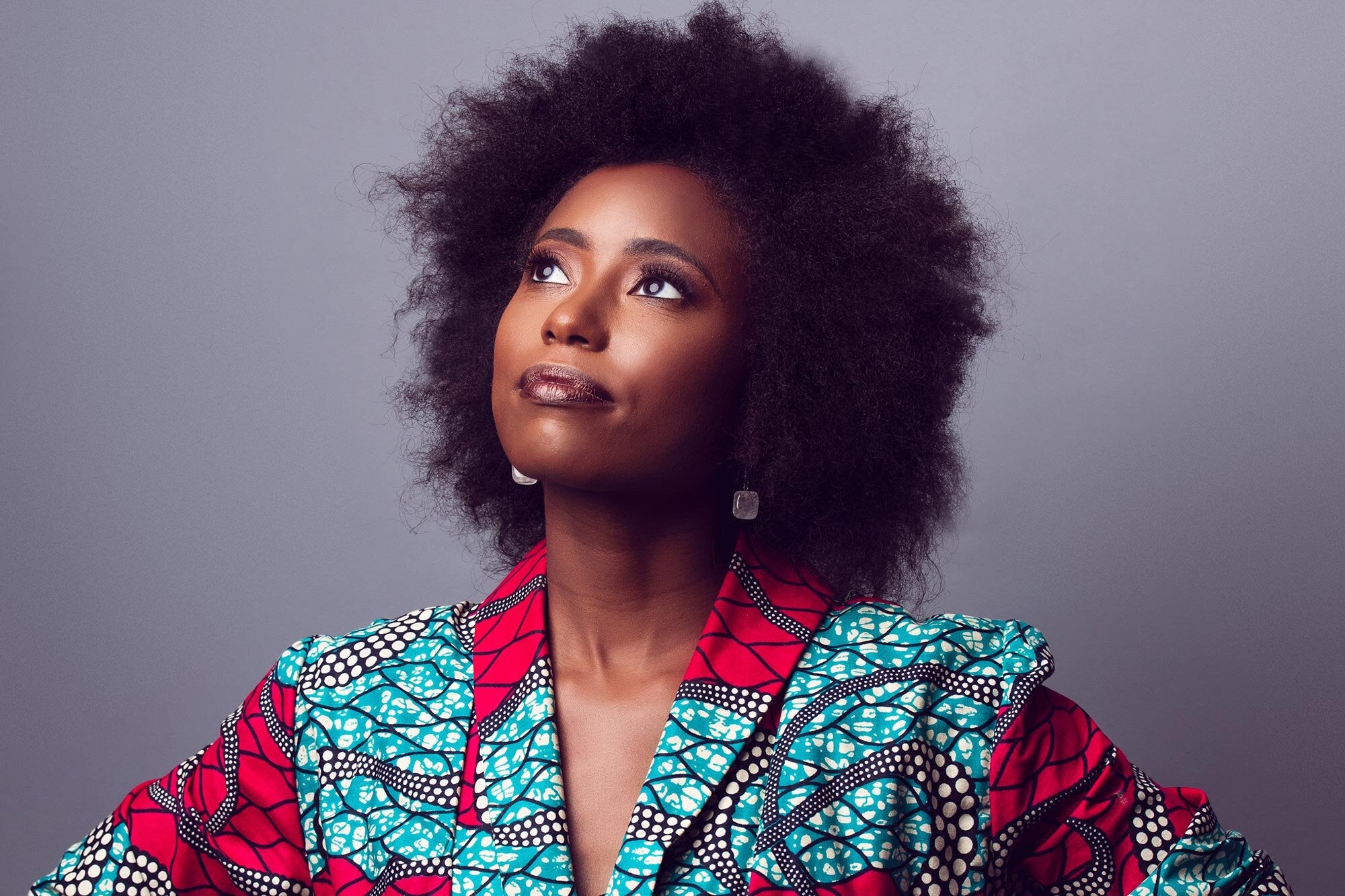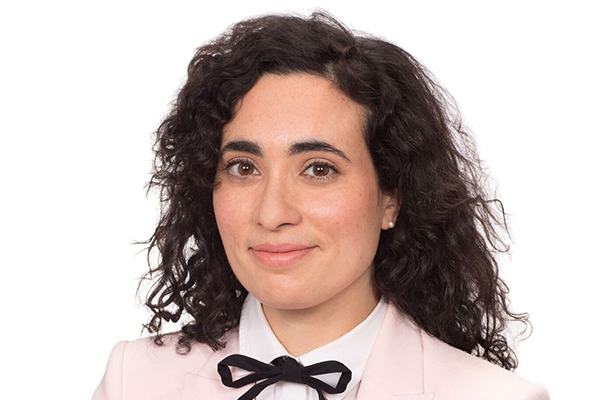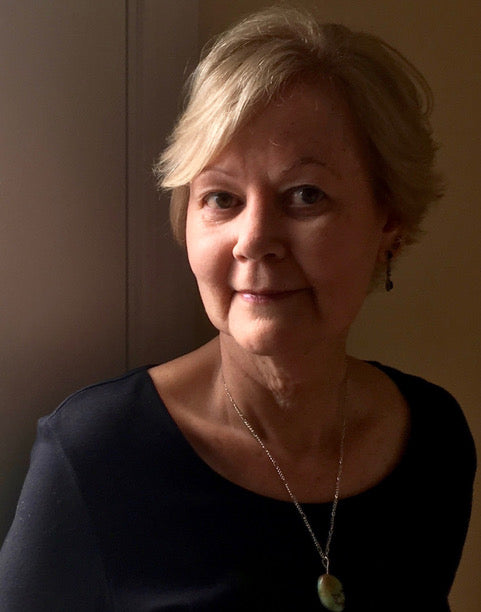
Author Bio:
1. There is a classic quote by Benjamin Franklin, that says “Life's tragedy is that we get old too soon and wise too late.” In your opinion why do you think this is and how is your latest book “Your Turn” combating this dichotomy?
I reject the dichotomy. First, small children can be quite wise – they know about integrity, kindness, and fairness and they’re not afraid to speak their minds. But at about age six or seven outside forces begin to mess with them and they become insecure, unsure, and worried about what they should do and whom they should be to please others. The trials and tribulations of life teach us what really matters, and ultimately bring us back to that original wisdom which accumulates with age. This book Your Turn is me shining a warm light on the reader to illuminate the things that will help them come back to themselves. This book is a mirror that shows each reader what they most need to see.
2. If you can remember, when was the first time you were told to “grow up” and why as a society do we focus adolescents to grow up so quickly?
I don’t recall ever being told this. If you’re middle class (as I was), upper middle class, or wealthy, you’re not forced to grow up quickly. Particularly if you’re white, you’re given well into your twenties to be responsible for yourself and accountable for your actions. (Contrast media accounts of 20—and even 30—something white wrongdoers as “kids” and of black teen wrongdoers as “men.”) Whereas if you’re poor or working class you may be forced to grow up too soon; that is, your childhood is robbed from you because you have to assume adult roles in order to keep yourself and your family safe, sheltered, and fed. In the aggregate, it feels like the critique “grow up” means “handle it/handle it better/handle it for yourself.” In my experience, whether one does or doesn’t behave “grown” is a function of the circumstances within which one is raised and the experiences to which you’ve been exposed.
3. Recently, Millennials and Gen Zs have been rewriting societal markers of adulthood. Do you see this as something positive or something that could be detrimental in the future?
I think it’s both. It’s great that they’re rejecting or rewriting the old norms that were gendered, heteronormative, and prescriptive. We have more choice than ever and that’s daunting but also liberating. And yet there are some aspects of the traditional definition that hold true: for instance you must support yourself financially and fend for yourself more broadly rather than rely on others to take care of most things for you (barring significant disability).
4. Millennials and Gen Zs have also stated that “adulting” is not all that it’s cracked up to be. What myths about adulting did you have growing up that didn’t last the test of time?
Well first, I have found “adulting” to be all it’s cracked up to be – probably because I’m a GenXer. I think that many Millennials and Gen Zs have had a different experience because macroeconomic forces have made it hard if not impossible to afford being out on your own. I also want to own that as their parents we’ve failed to make adulthood look like a fun time of life. Too many of us parents are so anxiously managing our kid’s lives that we’ve failed to truly live our own lives.
If I was a kid coming up today I’d look at my parents and think “Blech, I never want to be an adult. It looks so stressful.” Whereas when I was coming up, we kids weren’t the center of our parents’ universe and the adults looked like they were free to be themselves. They hung out with their friends, they focused on the work and hobbies that mattered to them, and it looked like a lot of fun.
Of course there were extremes in those times that we want to avoid. Some of us GenXers were downright neglected because parents were too self-absorbed.
5. Was the term “adulting” a thing when you were coming of age?
No. Millennials invented it.
6. In your opinion, how do you become a better adult over time?
Start with gratitude. Appreciate that you are one of over 7 billion humans on the planet and that everyone matters. Be humble and curious so you can learn from your mistakes instead of being a perfectionistic a**hole. Get comfortable trying things and appreciate that every screwup is a chance to learn. Find work that you’re not just good at but that you also love. Be in neighborhoods, workplaces, schools, communities, and relationships where you can experience a deep and abiding sense of belonging.
Form some tight bonds with other humans and invest the time to make sure those relationships are strong. Pay attention to the unique needs of your mind and body. Spend wisely according to your own needs and dreams and put away money for your future self. Develop a mindfulness practice so that you can be aware of your triggers and be in charge of your actions and reactions. Be kind as often as you possibly can; kindness opens more doors to you than virtually anything else.
7. What are three pieces of advice you would give to teenagers and young adults about adulting?
1. There is no “right path” you’re supposed to be on. As the Spanish poet Antonio Machado said, “The path is made by walking.” You do you.
2. Life is chaotic and uncertain and most of it is out of your control. All you can be in charge of is your own actions and reactions. Get better at knowing what troubles you, and what may be impeding your self-acceptance and work that stuff out with some therapy. When you belong fully to yourself you belong everywhere because you take that self with you wherever you go.
3. Humans are everything. You need them and they need you. Get better at talking to them, showing up for them, and letting them know that they matter to you.
8. What can more adults do to make sure they do not lose their inner child?
Play. Laugh. Do fun things. If life feels like a grind and you don’t have time for such seeming frivolities ask yourself why you’re preferencing constant work over a bit of fun. Laughter will keep you alive.
9. Overall, what was your writing process like for this book?
I got the book deal in 2016 then failed to write it for three years because I felt I lacked the necessary authority to write it. (I’m no authority on adulting; if I am, isn’t everyone?) I finally realized that the authority comes from feeling compassion for young people, having lived enough of life to be able to explain the basics to others by being vulnerable about my own journey, and from knowing enough other humans whose stories could illustrate the various points. I began writing it in 2019. Then a pandemic hit. Writing a book during an extremely challenging era became a further illustration that much of adulting boils down to “keep going.”
10. What’s your best advice for getting over writer’s block?
I won’t go so far as to say I don't experience writer’s block because that’s a sure way to bring it upon myself. But I will say that I’m fifty-three and have only claimed the identity “writer” for about nine years, and I write nonfiction, so I still find that the topics that are bottled up within me are like a crowd of eager people raising their hands for my attention and it’s just a question of whom I am calling on at any given moment.
Then there are the external ideas I get from stuff I read, people I hang out with, or even just snippets of conversation I overhear. I try to jot these external prompts down so that I can carry the thread into my writing. If I am blocked it’s because I’m anxious about something. I try to work through that with my mindfulness practice. I also like to distract my mind from its worries by doing a different cerebral activity such as the New York Times crossword, or a few lessons on Duolingo (Spanish).
11. What’s the best book you have read this year so far?
Hamnet, by Maggie O’Farrell. I tend to get annoyed by historical fiction because I’m interested in reporting on the truth of our real experiences to the extent that we can bear it. But this was a brilliant approach to elucidating the imagined life of Shakespeare’s young son. The details of scene, setting, characterization, and dialogue were doled out in precisely the right amount at the right time. It was like having both the script and the director’s notes while my mind became the camera.
12. What’s the best advice you have ever received on happiness?
Someone famous wrote that happiness is wanting what you have. The greater the distance between what we want and what we have, the more unhappy we are. The way to shorten that distance or even completely erase it is to develop a practice of noticing the small things occurring in our daily life that we are grateful for. That someone did the dishes. That a deer walked through the yard. That we spoke with a dear friend. Noticing what we’re grateful for in our present makes what we have enough and as a result, our happiness increases.
13. Is there a certain underlying theme you are creating with your first three publications? If so, what's next? Moreover, do you plan on writing more books in the future?
Yes. My work broadly speaking is about human development. I am rooting for all of us to make it and I’m interested in trying to be of use to other humans on their journey by identifying obstacles in the way, whether external or internal. I believe that narrative nonfiction, and memoir in particular, is a fabulous vehicle for helping other humans feel more seen and less alone.
I’m now working on a memoir co-written with my eighty-two-year-old mother about our decision to buy a home together twenty years ago. We’ll explore why we did it, the hardships we went through, and lessons learned that might help the myriad others who walk this path. This book will be another example of my philosophy about the validity of publishing memoir: Do it to be of service.
Places To Find More From This Author:
Instagram: @jlythcotthaims
Twitter: @jlythcotthaims
Facebook: Julie Lythcott-Haims
Website: www.julielythcotthaims.com
Get Your Copy of Your Turn Today!



